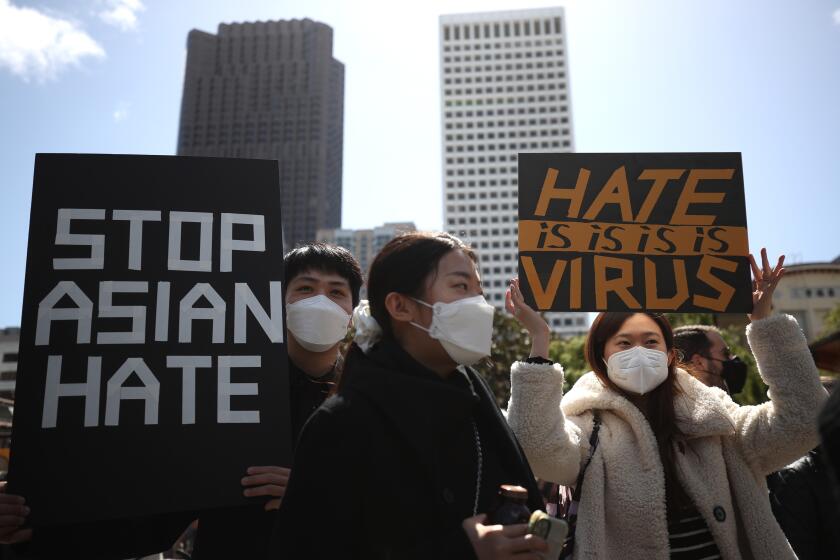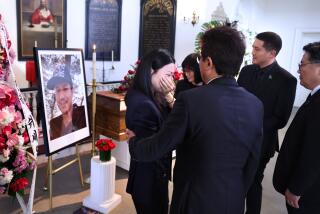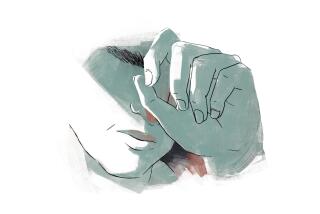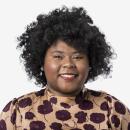After Atlanta-area attacks, Asian communities reckon with mental health crises
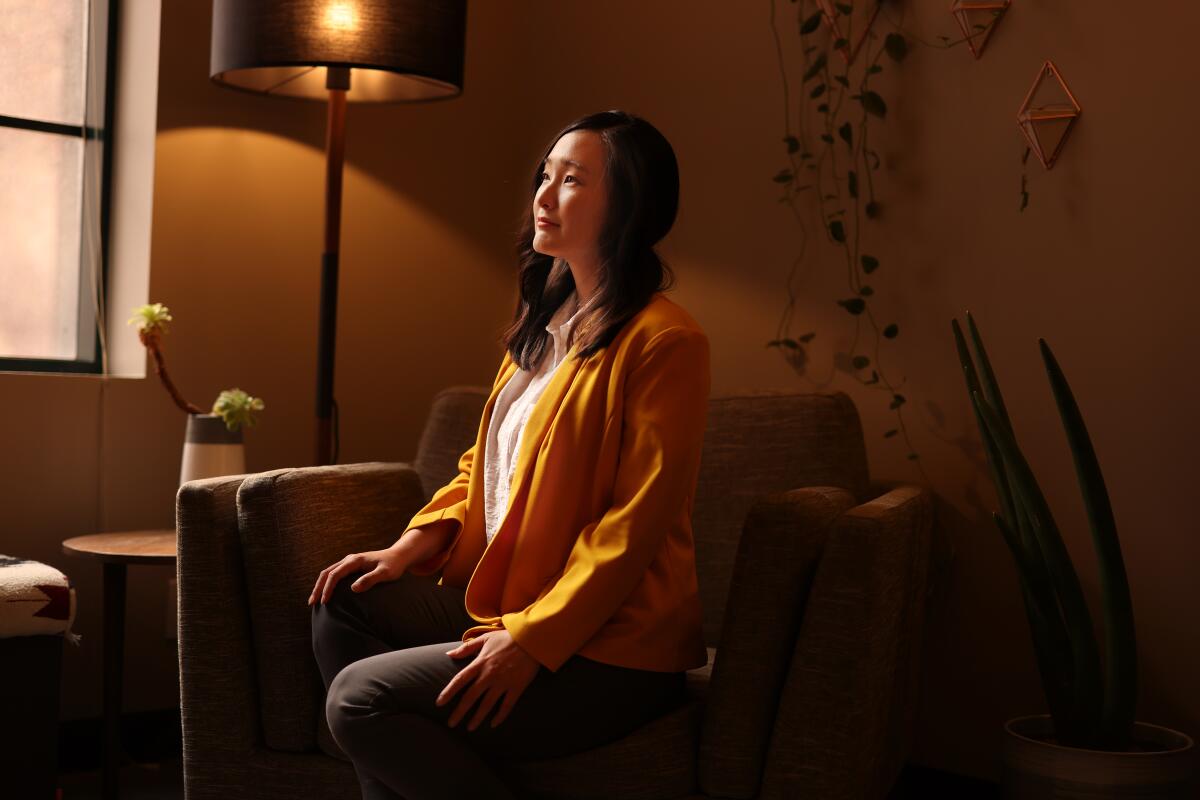
- Share via
When Linda Yoon, a Korean American psychotherapist, heard about the Atlanta-area spa shootings two weeks ago, she braced for what would likely come next.
After the killing of eight people, including six Asian women, she and the other therapists in her Los Angeles-area practice were virtually flooded with calls and emails from would-be clients. Ninety percent of them were Asian people mentioning the shooting or racial trauma.
The calls came not just from L.A. or across California, but also from Alabama, Kansas and even Georgia, with desperate requests for an Asian therapist who could help them cope.
Since she started the Yellow Chair Collective with a partner in 2019, the out-of-state inquiries were not new for Yoon. But due to overwhelming demand and licensing restrictions that limit practitioners’ ability to treat people in other states, Yoon and her fellow therapists felt a sense of helplessness, realizing they could not serve everyone.
“We’ve been getting a lot more inquiries than we could accommodate,” Yoon said. “We’ve been getting a lot of inquiries out of state where they don’t have a lot of Asian providers and that’s been hard ... we had to turn some Asian clients away.”
The Atlanta-area shootings amplified the longtime mental health crisis in Asian American and Pacific Islander communities after a year of anti-Asian violence and grief over COVID-19 deaths.
Xiao Zhen Xie, 75, is recovering after a brutal attack left her with two black eyes. The money is from an online fundraiser her grandson organized.
Experts and advocates say these events also helped expose other shortcomings in the healthcare system particular to Asian Americans, including a lack of Asian mental health providers, ongoing language barriers and ignorance of Asian culture, histories and the decades of violence they’ve faced in America.
During the pandemic, Asian communities are also dealing with displacement from loss of income or the need to move, being without usual support systems because of social distancing and fear of violence inspired by bigoted rhetoric that Asian people are responsible for the coronavirus.
“It’s just making a lot of mental health challenges worse,” said Mandy Diec, California policy director for the Washington, D.C.-based Southeast Asia Resource Action Center. “It’s really nothing new, but it’s something reinforcing a lot of the trauma and it’s unfortunate that the biggest problem is that we live in a healthcare system that doesn’t account for the needs of our community.”
Depression, post-traumatic stress disorder, anxiety, unresolved trauma and cultural stigma about mental illness are longtime concerns in Asian communities.
Nearly 44% of Asian Americans who had a past-year major depressive episode received treatment for it, according to the 2018 federal National Survey on Drug Use and Health. Refugees from Cambodia, Laos and Vietnam are most at risk for PTSD from the traumas of genocide, war and assimilating to resettlement in the U.S., according to the federal Centers for Disease Control and Prevention.
A report released last week by the Southeast Asia Resource Action Center found that 29% of respondents faced challenges due to an insufficient understanding of mental health services and how to navigate the mental health system.
Survey participants said they care most about someone understanding their cultural values, roles and expectations, a welcoming environment and an understanding of their community’s history.
Diec said younger generations are “cultural brokers” between older adults and the mental health system, helping them make appointments, research therapists and receive care.
She said Asian American and Pacific Islander communities revolve around family and the collective community, making mental health — often treated individually — a challenging subject to broach because it’s not seen as “necessary or really worthy of talking about.”
In 2019, there were 4,887 Asian psychologists across the U.S., making up just 4% of the workforce, according to a report from the American Psychological Assn.
Yoon had to find a therapist for her mom in 2019 when she was experiencing depression. Her mother speaks Korean and finding a therapist in San Diego who speaks the same language was challenging. Given her background, Yoon said she did the therapist consultations and made the appointments.
Yoon said it’s common to see young Asian people asking for a consultation or making appointments on behalf of their parents, grandparents, aunts and uncles.
“Because of their generation, therapy wasn’t even an option, they didn’t think about it,” Yoon said. “They’re still hesitant, so younger people are trying to bring that idea to their parents.”
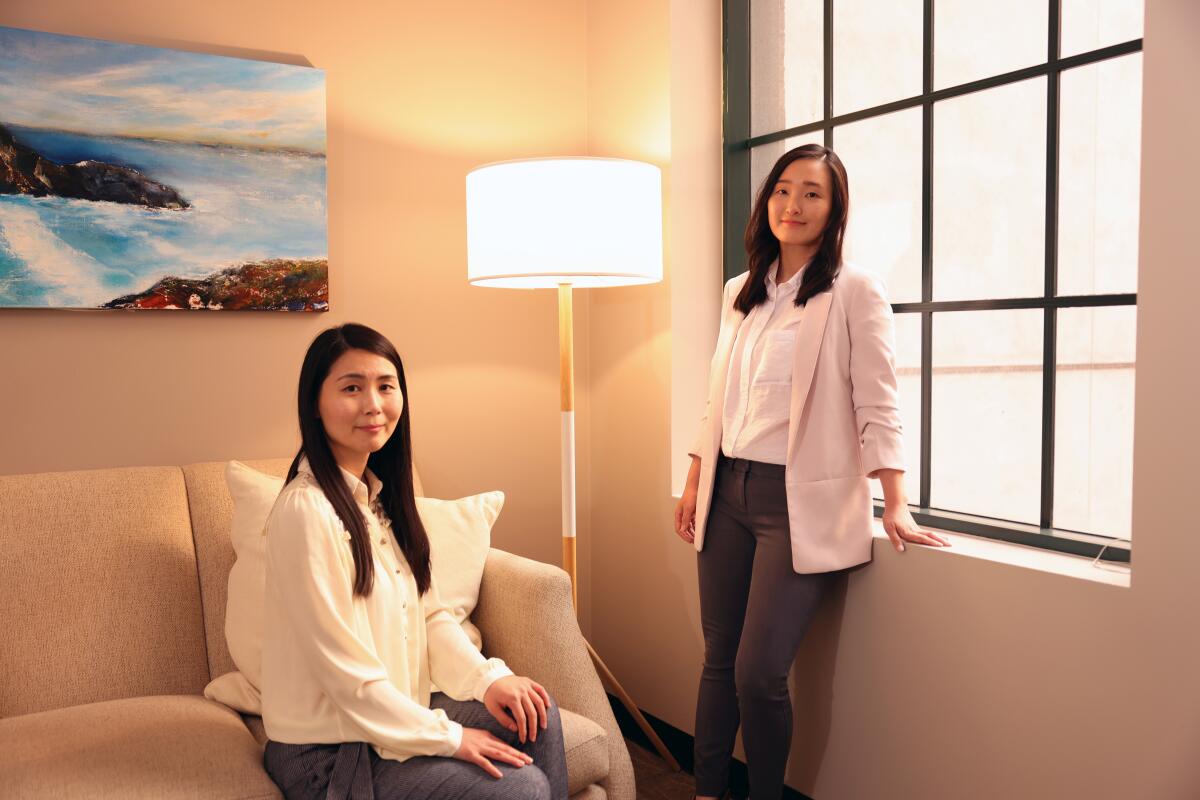
To meet the increased need of the community, Yoon and her staff initially offered two free support groups after the Atlanta-area shootings. They filled up quickly. The practice is hosting a workshop for Asian parents on how to talk about anti-Asian racism with their children and a support group for Asian American teens.
They’re also offering coaching group services on topics such as “How to find your voice as an Asian American” and “How to advocate for yourself and your community.”
But Yoon says her Asian clients are struggling to process what happened in the Atlanta area and the violent attacks that have long occurred in their communities.
Often they’ve been told by older generations to ignore the racist attacks, work harder and “don’t rock the boat,” Yoon said. Now they’re trying to find the words to explain the traumas of feeling culturally and emotionally invisible. Her female clients are feeling especially isolated.
“A lot of them were telling me that a lot of companies didn’t acknowledge what happened,” Yoon said of her clients. “They’re feeling the tragedy but their companies, their own managers, are going like it’s just a normal day and that was on St. Patrick’s Day so people were celebrating ... they’re really struggling, and they feel like they want to cry and it’s like, ‘OK, when I go to therapy, I can cry.’”
Kate Wadsworth, clinical director for the Center for Empowering Refugees and Immigrants in Oakland, worried how the Atlanta-area shootings would trigger PTSD among her Southeast Asian clients. During the pandemic, the organization has held virtual sessions four times a week to talk about how people are coping with their grief and isolation, and the violence.
As the only white person on the center’s staff, Wadsworth said she works with interpreters who are often refugees, immigrants or children of survivors. Clients can always work with someone of Asian descent or a refugee, but Wadsworth said interpreters serve to provide potential clients with “an unspoken ‘OK, you can trust her.’”
Wadsworth said it’s harder for members of the community to open up about their grief and trauma if they have to first explain the history of genocide in their country.
“It’s really important to be humble and acknowledge there may be things I don’t understand because I’m white,” Wadsworth said. “Your job is not to teach me, but I’m here to learn about you and what works for you and your culture ... it’s true cultural humility.”
Kao Saechao, specialty mental health division director for Asian Health Services in Oakland, said the community health center offers mental health services through more than 30 mental health workers and in 14 Asian languages.
Patients coming in are often dealing with trauma, depression and anxiety. The center, which offers medical, mental health and dental care, serves about 50,000 people from low-income communities each year.
Following the Atlanta shootings, books by AAPI authors including George Takei, Nam Le, Steph Cha and Maxine Hong Kingston offer essential perspectives
Since the Atlanta shooting, the center has seen an uptick in requests for mental health services.
“The stigma is still very present in our community. I think there’s still a lot of work that could be done to improve that,” Saechao said. “And also, somehow just normalizing mental health services and actually educating people on what that means and the benefits of mental health care.”
Yoon’s practice will soon have 12 therapists on staff and currently offers therapy services in Cantonese, Mandarin, Korean, Spanish and Vietnamese.
But Yoon often thinks about the people they’ve had to turn away. While the practice tries to make referrals to therapists living closer to people making out-of-state inquiries, Yoon says they often have full client lists too.
Recently Yoon and her business partner went to Big Bear with their families to decompress and enjoy the snow. But they still found themselves responding to emails and tinkering with how they’ll run the upcoming support groups.
“We just can’t take time off right now,” Yoon said. “I feel like we need to be there.”
More to Read
Sign up for Essential California
The most important California stories and recommendations in your inbox every morning.
You may occasionally receive promotional content from the Los Angeles Times.
